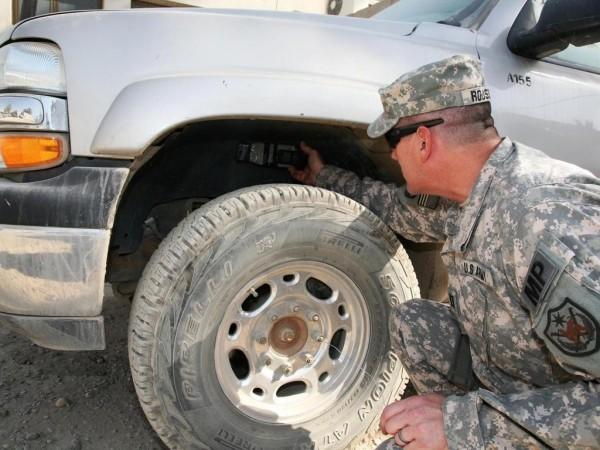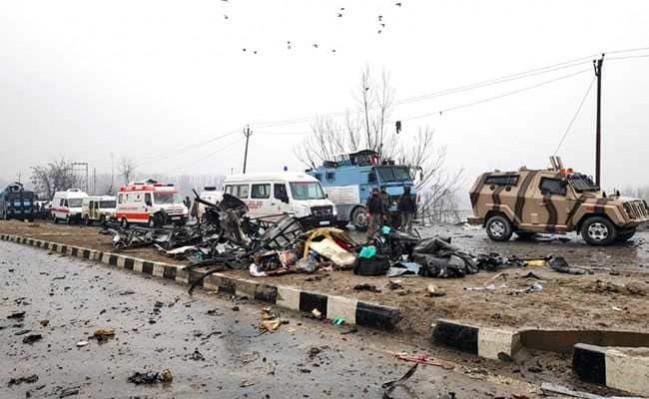In a fresh headache to the security forces in the federally administered region of Jammu and Kashmir, 'Sticky bombs' have been seized during the raids in recent times. The emergence of the sticky bombs in the Kashmir valley including 15 seized in a February raid, raises fears that a tense tactic used by Taliban rebels in neighboring Afghanistan is spreading to the India-Pakistan conflict.
What are sticky bombs?
Sticky bombs are a specialized bomb used which can be attached to a vehicle or any other target and detonated remotely. These IED-controlled explosives are small in size and quite powerful in nature which can be used without getting detected.

Kashmir Valley police chief Vijay Kumar said, "These are small IEDs and quite powerful. It will certainly impact the present security scenario as volume and frequency of vehicular movements of police and security forces are high in Kashmir Valley."
Why sticky bombs so dangerous?
A series of sticky-bomb attacks have targeted security forces, judges, government officials, civil society activists, and journalists in Afghanistan in recent months. The attacks, some of which took place as victims sat in traffic, have instilled fear while preventing large-scale civilian casualties. One of the major feature of these bombs is that they can be easily hidden and detonated. Mostly, they are being targeted at the security forces in urban areas of Kashmir.

Security forces have argued that these 'Sticky Bombs' seem to have arrived from Afghanistan as the investigation has revealed that local materials have not been used in the manufacturing of these bombs. These bombs have been smuggled via Pakistan through drone drops and tunnels.
To deal with the new challenge, police chief Kumar said security forces were changing protocols. Increased distance between private and military traffic, more cameras on cars, and the use of drones to track convoys were among the steps taken.









